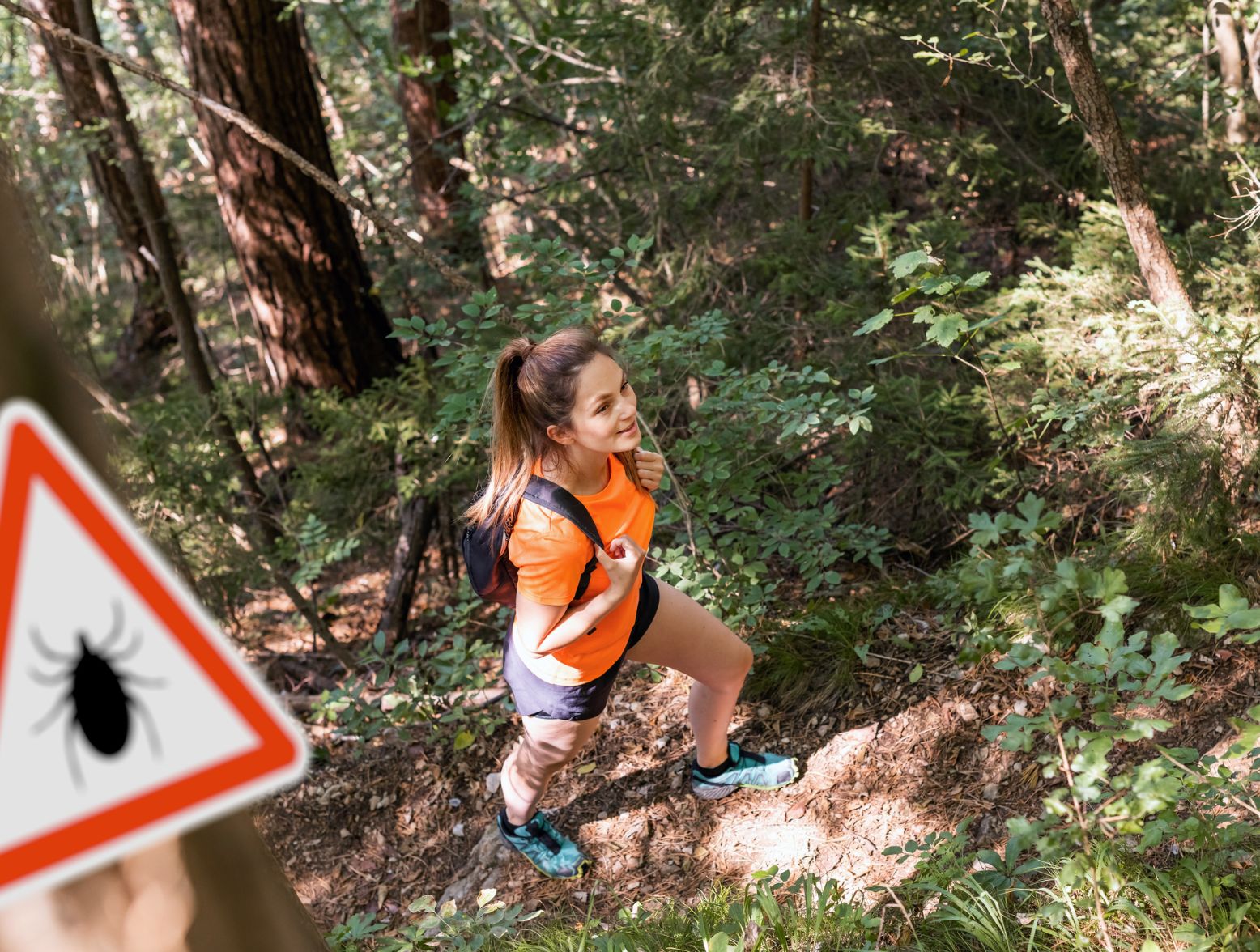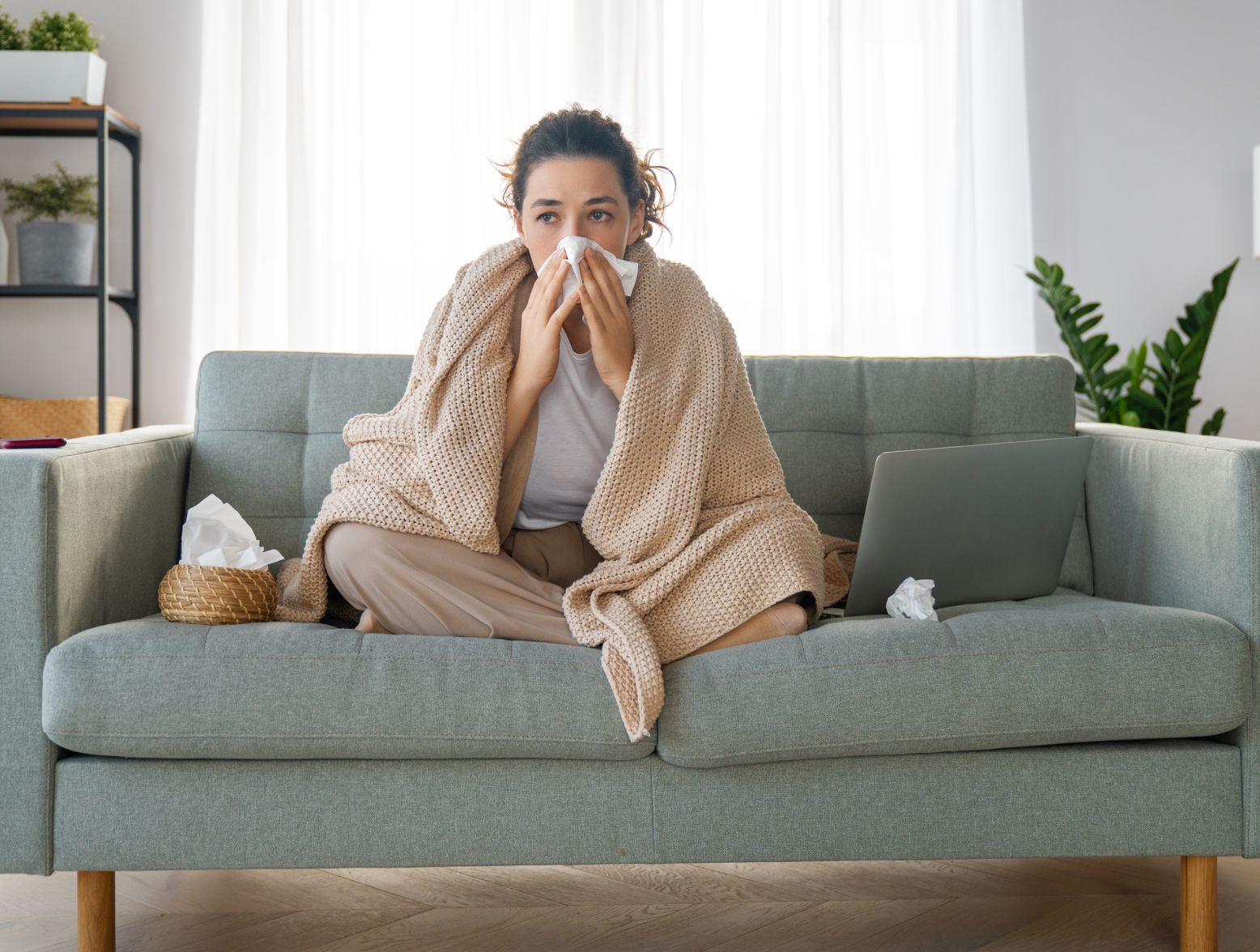Stay Safe from Venomous Insects with These Tips
The Earth is experiencing record-breaking heat, including areas of the United States. All that extra heat means that venomous insects are getting bigger and better. In some cases, you might be seeing insects you’ve never seen before. When I look around, I’m certainly seeing insects that are much bigger than I’ve ever seen. I have the bites to prove it, too. These insects look like they’re eating better than I am. But, the good news is there are some tips to follow to keep venomous insects at bay amid all the summertime heat.
Keep Venomous Insects at Bay in Hot Weather with These Expert Tips
The experts at the National Pest Management Association (NPMA) are providing some helpful information about the types of pests to look out for during extreme weather conditions. The NPMA is a non-profit organization that dates back to 1933. They have more than 5,500 members and were established “to support the pest management industry’s commitment to the protection of public health, food and property from the diseases and dangers of pests,” so they know what they’re talking about. “We’re in the thick of summer and regions across the United States are beginning to experience record-breaking temperatures and periods of heavy rainfall,” they state. They have some tips specifically for dealing with these pests in extreme weather conditions.
“Summer already marks the peak pest season, and extreme weather conditions such as heatwaves and heavy rain further enhance the ideal environments for pest populations to thrive,” Dr. Jim Fredericks, senior vice president of public affairs for NPMA, said in a statement. “Even hot and dry conditions can lead to concentrations of mosquitoes that prefer to breed in containers, because areas around homes are more likely to have standing water because of human activity.”
The NPMA says that to reduce your risk of being stung from venomous insects, don’t wear sweet-smelling perfumes, since those may attract stinging insects. Also, keep food and drinks covered when you’re eating outdoors. Another tip to avoid venomous insects is to “regularly inspect your property for nests and keep a safe distance from areas of known activity.” When it comes to mosquitoes, make sure to get rid of any standing water from around your home, since that attracts them. Also, use insect repellent containing DEET or another EPA-registered ingredient. Finally, for ticks, maintain and cut the grassy areas around your home, since ticks thrive in tall grass. Also, use insect repellent with at least 20% DEET or another EPA-registered ingredient. After you’ve been outside, thoroughly inspect yourself for ticks. I hope these tips help you stay safe during these hot days.








